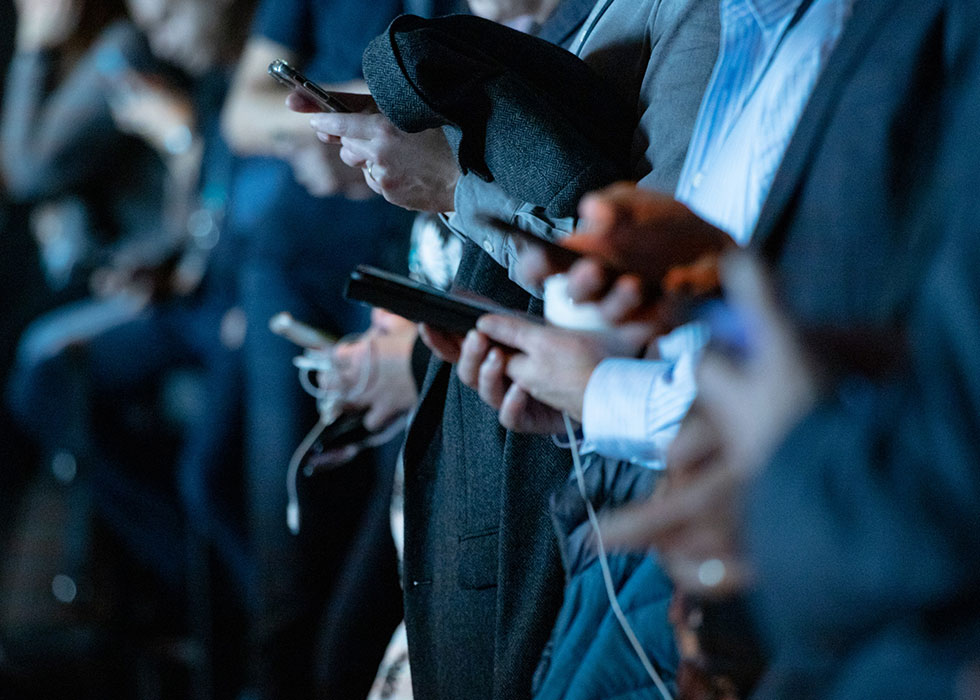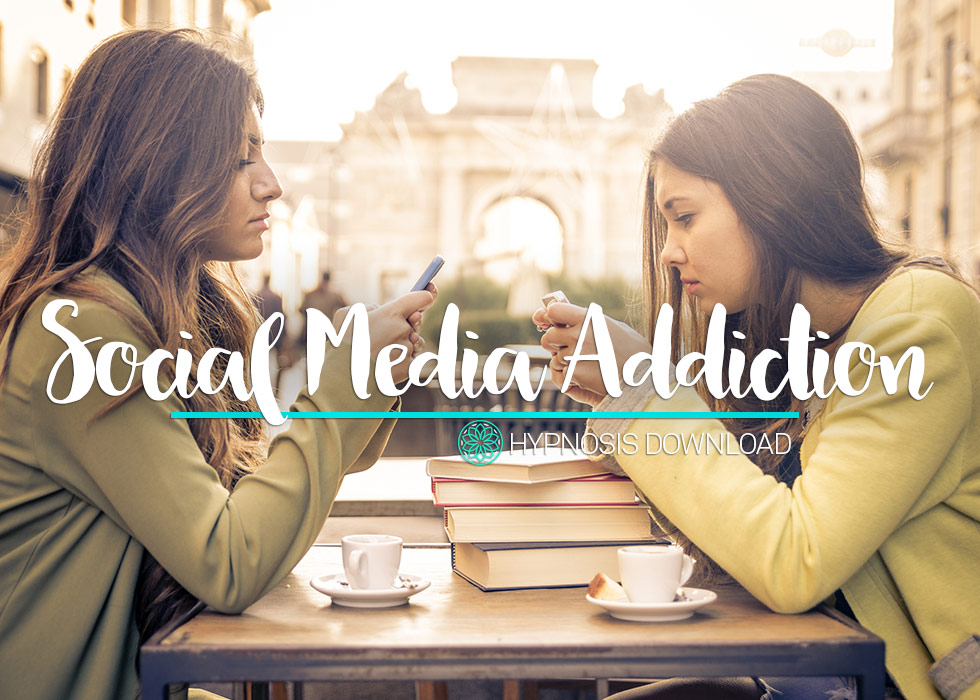
Social media has become an integral part of modern life, offering us the ability to connect with friends, family, and colleagues in ways that were once impossible. While social media can bring many benefits, it can also have a negative impact on mental health when use becomes excessive and turns into addiction.
The constant need to check notifications, likes, and comments can lead to anxiety, depression, and other mental health issues. Additionally, the dopamine hit that we receive when we get positive feedback on social media can create a cycle of addiction that can be difficult to break.
In this article, we will explore the impact of social media addiction on mental health, including the mental health issues related to addiction, how social media addiction affects the brain, and how to manage social media addiction for better mental health.
Key Takeaways:
- Social media addiction can lead to mental health issues such as depression, anxiety, and FOMO, as well as cyberbullying and social comparison.
- Social media addiction can affect the brain by releasing dopamine, impacting reward pathways, and affecting attention and cognitive function.
- Social media addiction can lead to poor sleep quality by disrupting circadian rhythms, increasing stress and anxiety, increasing bedtime procrastination, and creating a sense of urgency.
- Social media addiction can increase the risk of addiction to other substances by triggering other addictive behaviors, creating a sense of isolation, and increasing stress and anxiety.
- Strategies for managing social media addiction include setting boundaries, taking a digital detox, seeking support, practicing self-care, and using technology mindfully.
Mental Health Issues Related to Social Media Addiction
Social media addiction can have a significant impact on mental health. Here are some of the mental health issues related to social media addiction:
- Depression and anxiety: Research has shown a link between social media use and depression and anxiety. Social media addiction can lead to feelings of inadequacy and low self-esteem, as well as a fear of missing out (FOMO) and a sense of social isolation.
- FOMO (fear of missing out): FOMO is a common feeling associated with social media addiction. It can lead to a constant need to check notifications and updates, which can create stress and anxiety.
- Social comparison: Social media addiction can lead to an unhealthy preoccupation with social comparison. Constantly comparing oneself to others on social media can lead to negative feelings about one’s own life and accomplishments.
- Cyberbullying and online harassment: Social media addiction can increase the risk of cyberbullying and online harassment. Being constantly connected to social media can expose individuals to negative comments and bullying behavior, which can lead to feelings of anxiety and depression.
Overall, the mental health issues related to social media addiction can have a significant impact on an individual’s well-being. It’s important to recognize the signs of social media addiction and take steps to address it in order to promote better mental health.
How Social Media Addiction Affects the Brain
Social media addiction can affect the brain in several ways. Here are some of the ways social media addiction affects the brain:
- The role of dopamine: One of the main ways social media addiction affects the brain is through the release of dopamine. Dopamine is a neurotransmitter that is associated with pleasure and reward. When we get positive feedback on social media, such as likes or comments, our brain releases dopamine, which can create a feeling of pleasure and reward. This can create a cycle of addiction, as the brain begins to crave that feeling of pleasure and reward.
- How social media use impacts reward pathways in the brain: Social media addiction can impact the brain’s reward pathways in a similar way to other addictive substances, such as drugs or alcohol. When we receive positive feedback on social media, our brain’s reward pathways are activated, which can create a feeling of pleasure and reward. Over time, this can lead to a tolerance effect, where individuals need more and more positive feedback on social media to experience the same feeling of pleasure and reward.
- Effects on attention and cognitive function: Social media addiction can also impact attention and cognitive function. The constant need to check notifications and updates on social media can create a distraction that can make it difficult to focus on other tasks. This can lead to decreased productivity and cognitive function.
Overall, social media addiction can have a significant impact on the brain. By understanding how social media addiction affects the brain, individuals can take steps to address addiction and promote better mental health.
The Relationship Between Social Media Use and Poor Sleep Quality
Social media addiction can also have a negative impact on sleep quality. Here are some of the ways social media use can lead to poor sleep quality:
- Disrupts circadian rhythms: Social media use can disrupt circadian rhythms, the natural 24-hour cycle that regulates sleep and wakefulness. The blue light emitted by electronic devices such as smartphones, tablets, and computers can interfere with the body’s production of melatonin, a hormone that regulates sleep.
- Increases stress and anxiety: Social media use can also increase stress and anxiety, which can lead to poor sleep quality. Constant exposure to negative news, cyberbullying, and other stressful situations on social media can create a state of hyperarousal, making it difficult to fall asleep and stay asleep.
- Increases bedtime procrastination: Social media addiction can lead to bedtime procrastination, where individuals put off going to bed in order to spend more time on social media. This can lead to a decrease in overall sleep time and poor sleep quality.
- Creates a sense of urgency: Social media use can create a sense of urgency, where individuals feel the need to constantly check notifications and updates. This can make it difficult to disconnect and wind down before bedtime, which can lead to poor sleep quality.
Overall, the relationship between social media use and poor sleep quality is complex. By recognizing the ways that social media addiction can impact sleep quality, individuals can take steps to address addiction and promote better sleep habits. This can lead to better mental health and overall well-being.
Social Media Addiction and Addiction to Other Substances
Social media addiction can increase the risk of addiction to other substances, such as drugs or alcohol. Here are some of the ways social media addiction can lead to addiction to other substances:
- Triggers other addictive behaviors: Social media addiction can create a cycle of addiction, where individuals crave the pleasurable feeling associated with positive feedback on social media. This can make it more likely that individuals will engage in other addictive behaviors, such as drug or alcohol use.
- Creates a sense of isolation: Social media addiction can also create a sense of isolation, which can lead to an increased risk of addiction to other substances. When individuals spend excessive amounts of time on social media, they may feel disconnected from their real-life relationships and turn to substances to cope with feelings of loneliness and isolation.
- Increases stress and anxiety: Social media addiction can also increase stress and anxiety, which can lead to an increased risk of addiction to other substances. When individuals use substances to cope with stress and anxiety, they may become addicted to those substances and use them more frequently.
Overall, social media addiction can increase the risk of addiction to other substances. By recognizing the link between social media addiction and addiction to other substances, individuals can take steps to address addiction and promote better mental health. This may involve seeking professional help or making changes to their social media use and substance use habits.
How to Manage Social Media Addiction for Better Mental Health
If you are struggling with social media addiction, there are several strategies you can use to manage addiction and promote better mental health. Here are some tips:
- Set boundaries: Establishing clear boundaries around social media use can help to manage addiction. This may involve setting limits on the amount of time you spend on social media each day, or avoiding social media during specific times, such as meal times or before bed.
- Take a digital detox: Taking a break from social media altogether can be a powerful way to reset and break the cycle of addiction. Try taking a weekend off social media, or even a week-long digital detox, to recharge and refocus on other areas of your life.
- Seek support: It’s important to seek support if you’re struggling with social media addiction. This may involve talking to friends or family members, joining a support group, or seeking professional help from a therapist.
- Practice self-care: Engaging in self-care activities such as exercise, meditation, or mindfulness can help to manage stress and promote better mental health. Making time for self-care activities can also help to reduce the amount of time spent on social media.
- Use technology mindfully: Mindful technology use involves being intentional about how and when you use social media. This may involve turning off notifications, setting time limits, or being intentional about the content you consume on social media.
Overall, managing social media addiction is important for promoting better mental health. By setting boundaries, taking a digital detox, seeking support, practicing self-care, and using technology mindfully, individuals can break the cycle of addiction and promote better well-being.
Take a look at our Self-Hypnosis Download for Social Media Addiction if you think you need help with this.

Conclusion
Social media addiction can have a significant impact on mental health. The constant need to check notifications and updates, the dopamine hit that we receive when we get positive feedback, and the resulting cycle of addiction can lead to anxiety, depression, and other mental health issues. Social media addiction can also lead to poor sleep quality, an increased risk of addiction to other substances, and decreased productivity and cognitive function in the workplace.
However, there are strategies that individuals can use to manage social media addiction and promote better mental health. By setting boundaries, taking a digital detox, seeking support, practicing self-care, and using technology mindfully, individuals can break the cycle of addiction and promote better well-being.
It’s important for individuals to recognize the signs of social media addiction and take steps to address addiction for better mental health. By prioritizing mental health and making changes to social media use habits, individuals can promote overall well-being and live a healthier, more fulfilling life.
Further Reading
- https://globalowls.com/social-media-addiction/
- https://www.addictioncenter.com/drugs/social-media-addiction/
- https://www.leehealth.org/health-and-wellness/healthy-news-blog/mental-health/are-you-addicted-to-social-media
- https://www.jeffersonhealth.org/your-health/living-well/the-addictiveness-of-social-media-how-teens-get-hooked
- https://www.healthline.com/health/social-media-addiction
